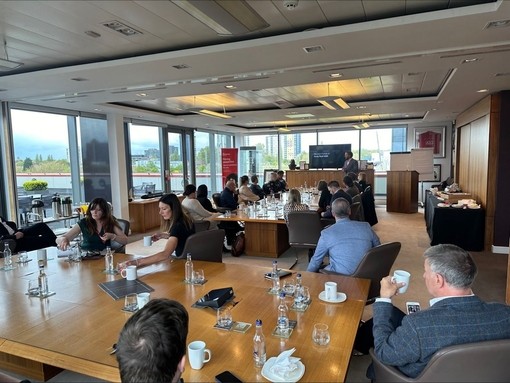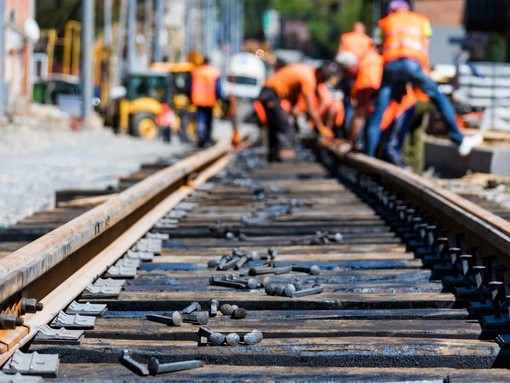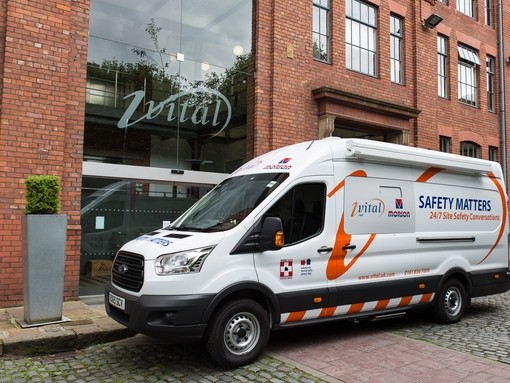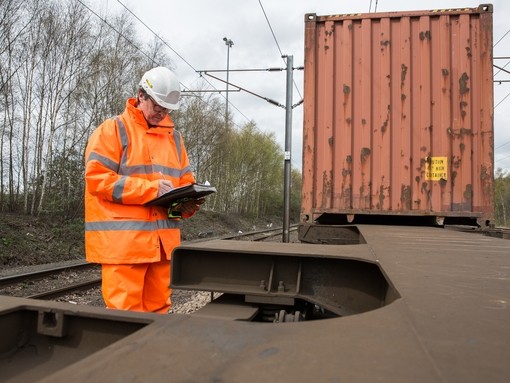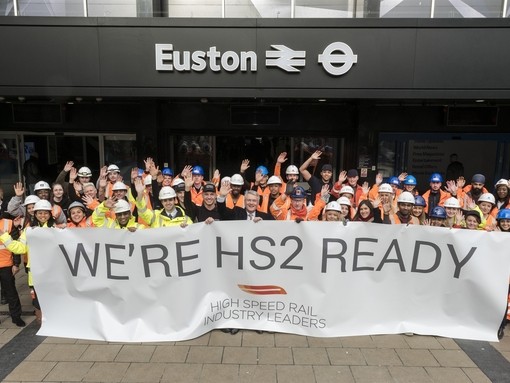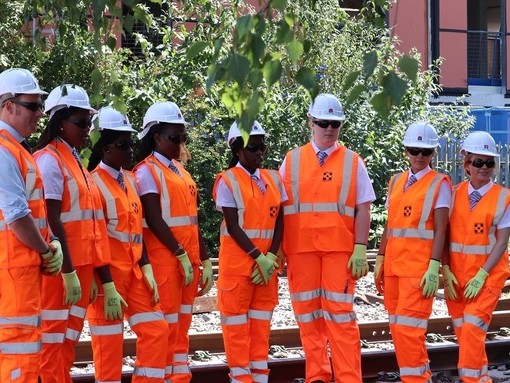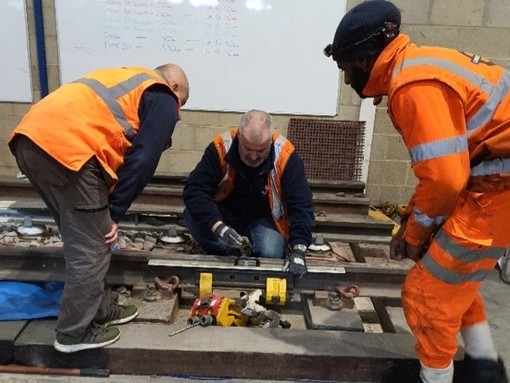
Education, engineering and big pink trains | We chat to NCHSR Director Neil Brayshaw
Contents
- Do you think schools are too focused on exam results rather than developing skills for the workplace?
- Is there a need for schools to value academic and practical skills more equally? If so, what steps could schools take to address this balance?
- How can industry and businesses spark interest from an earlier age?
- How can we educate and engage children in major projects such as HS2?
- Have you seen any stand out projects in schools that have had a positive impact on encouraging children into engineering?
Contents
At our recent HS2 roundtable at the National College for High-Speed Rail (NCHSR) in Birmingham, we were thrilled to have Neil Brayshaw, director of technical training at NCHSR as a speaker during the debate.
After the event, we got the chance to chat with Neil about the need to equip students more effectively for employment and his ideas on ways to get children into engineering and major projects such as HS2.
We also got an exclusive tour of the train from Neil and the chance to drive it using virtual reality!
Do you think schools are too focused on exam results rather than developing skills for the workplace?
We’re finding it significantly challenging when we’re getting young people coming into the education sector after leaving school. There’s a national problem around schools training young people just to pass exams. What we find when they come to us or other FE college providers is that they’re not equipped with the skills like leadership, problem-solving and teamwork – skills that employers are looking for. So, we have to develop those skills as part of our programmes.
Is there a need for schools to value academic and practical skills more equally? If so, what steps could schools take to address this balance?
There’s education around the school staff themselves. If they were to work with us we could educate them that their learners would get a more rounded curriculum offer that would equip them then for leaving school with the skills and the qualifications that would get them the right career.
How can industry and businesses spark interest from an earlier age?
I think there’s a huge opportunity to get employers and colleges into schools to talk about apprenticeship programmes. It’s also important to engage with national projects. There’s a lot of projects that go on which actively engage young people, giving them the knowledge and understanding of what skills they might require or what jobs are out there for them after education.
How can we educate and engage children in major projects such as HS2?
At NCHSR we’re trying to change the mindset of what engineering, what construction, what HS2 is about.
I’ve got a pink train here (the #Brumstar), where you can put on a headset and drive from Euston to Paris. That’s exciting to me! Imagine for a 6-year-old how fantastic that would be. For them to go away and say ‘I’ve been in the pink train today’ I think that will stay with them for a long time. Rather than looking at it in a book or on a screen they can go in there and drive the train.
Have you seen any stand out projects in schools that have had a positive impact on encouraging children into engineering?
I’ve been involved in a project called the Bloodhound Project. It’s a project about the land speed record, a jet engine car beating 1000mph. This has been going on for around 5-10 years. What this project has done is engage young people at all levels from primary school and secondary school to FE Colleges and universities.
The Bloodhound has brought engineering to life. The children aren’t learning from a textbook, they do live projects which are fun, engaging and exciting. There’s a fun event for kids at primary level where they build a little car, blow up a balloon and race it. It’s activities like this that engage them and teach them those wider skills (leadership, problem solving and teamwork).
Click here for more information about rail opportunities.
Contents
- Do you think schools are too focused on exam results rather than developing skills for the workplace?
- Is there a need for schools to value academic and practical skills more equally? If so, what steps could schools take to address this balance?
- How can industry and businesses spark interest from an earlier age?
- How can we educate and engage children in major projects such as HS2?
- Have you seen any stand out projects in schools that have had a positive impact on encouraging children into engineering?


